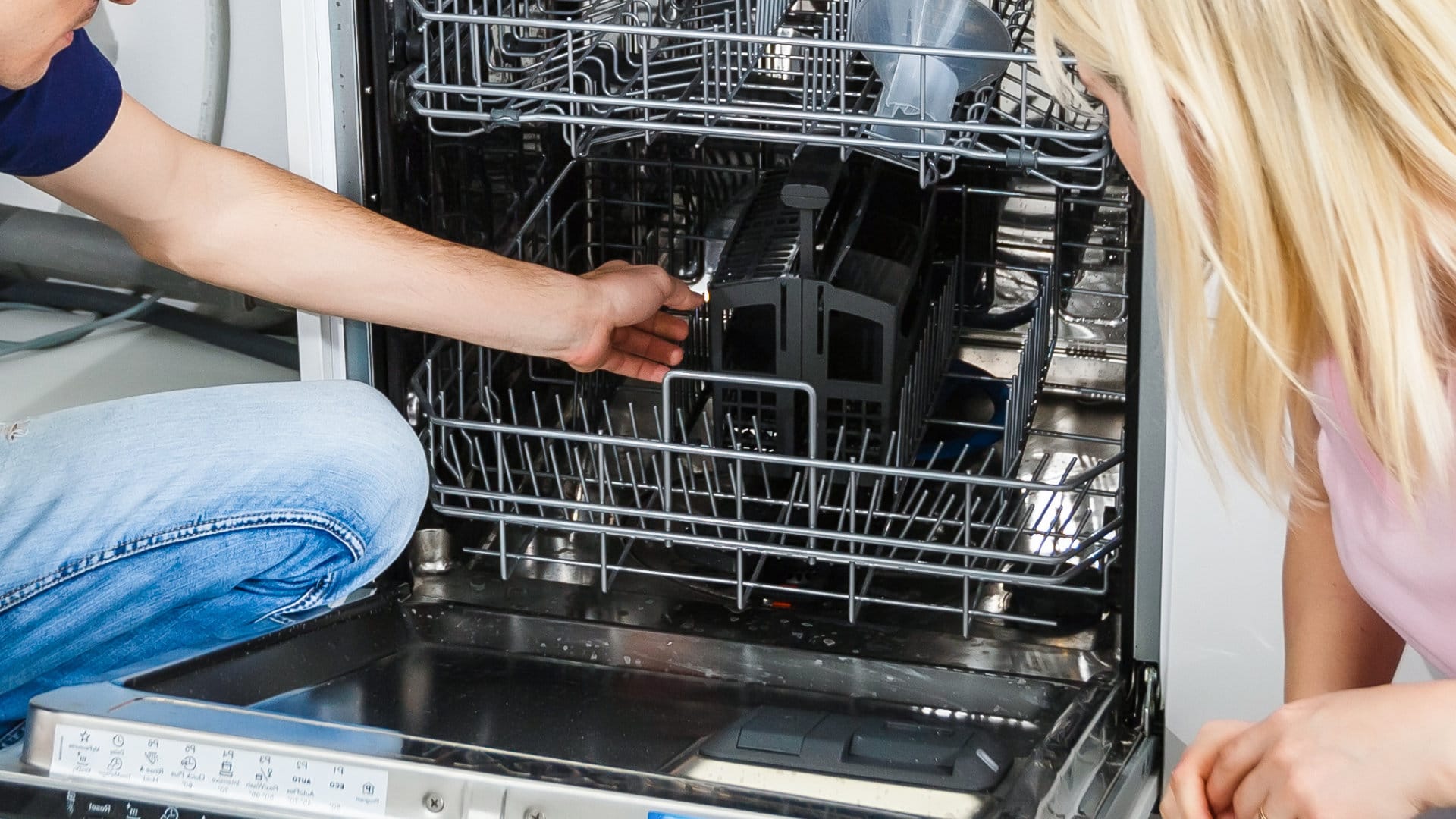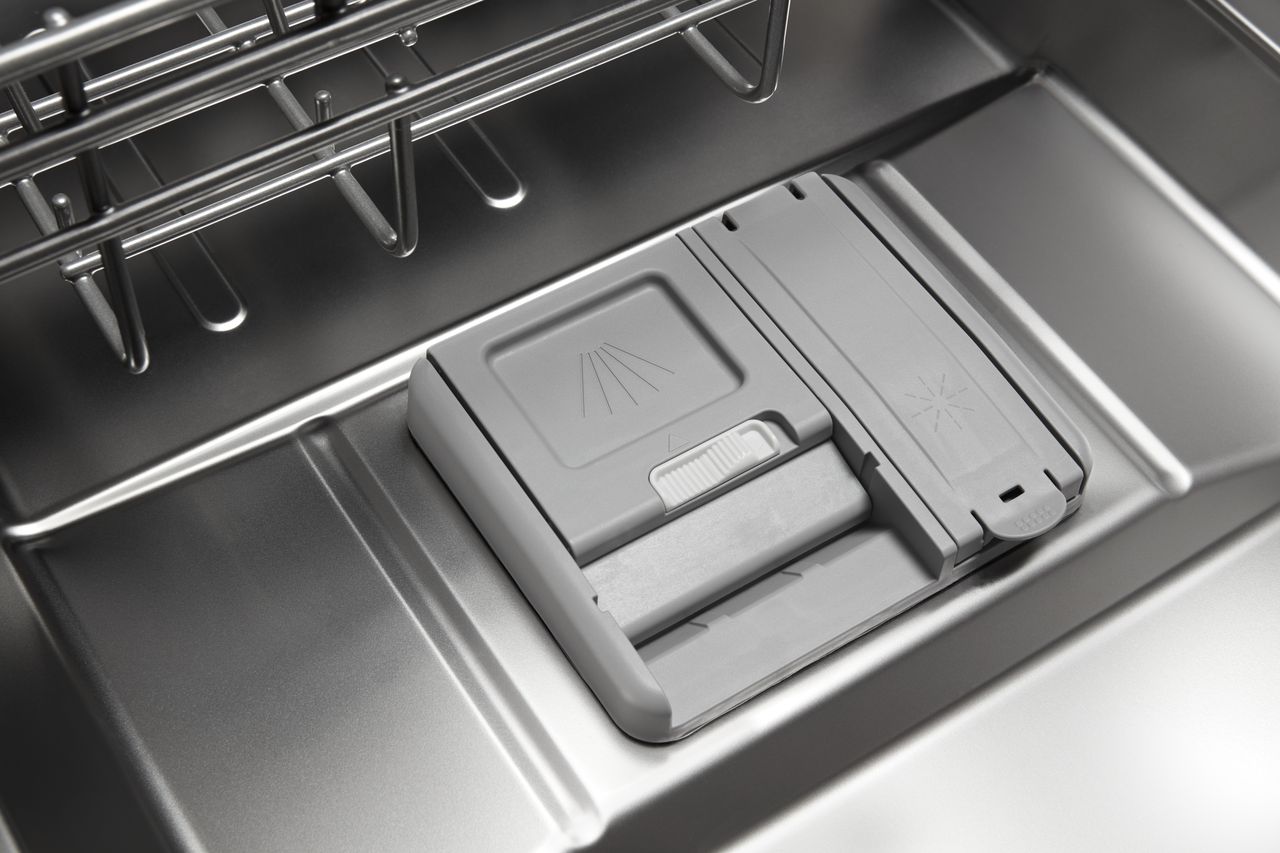Detecting Problems with My Dishwasher: A Guide for Property Owners
Detecting Problems with My Dishwasher: A Guide for Property Owners
Blog Article
What're your ideas regarding Common Dishwasher Problems?

Having your dishwashing machine breakdown or breakdown can be a big deal and cause some discomfort in your home. Dishwashing machines are devices that we use to tidy dishes and also cutleries automatically to save us the tension of manually doing it.
Like every other device that relieves human effort, dishwashers can break down and develop some fault eventually in time. There are numerous faults your dishwasher can establish, and while several of them can be fixed by replacing some parts or fixing them, other more serious issues will certainly call for that you get a brand-new dishwashing machine.
This write-up will certainly recognize a few typical mistakes your dishwashing machine might establish to prevent its general performance and exactly how these mistakes can be fixed.
Common Faults
Usual dishwasher faults could vary from minor to significant ones. Relying on the level, you will either require the services of specialist plumbings to take care of or replace it.
A few of one of the most common mistakes include:
Leaky Dishwasher
This is possibly one of the most day-to-day dishwashing machine trouble, as well as the good news is that it is very easy to recognize. Leaks occur because of a number of reasons, and also the leakages can bungle your kitchen area. Common sources of dishwashing machine leakages include;
Bad-Smelling Dishwasher
This is another usual dish washer problem, as well as it is mainly triggered by food debris or oil sticking around in the machine. In this case, try to find these bits, take them out as well as do the recipes without any dishes inside the maker. Clean the filter completely. That will assist do away with the bad scent. Ensure that you remove every food fragment from your meals before transferring it to the equipment in the future.
Inability to Drain pipes
In some cases you may discover a big amount of water left in your tub after a wash. That is most likely a drainage issue. You can either examine the drain hose for problems or blockages. When unsure, speak to a specialist to have it examined and also repaired.
Does not clean properly
If your meals as well as flatwares come out of the dishwasher as well as still look filthy or dirty, your spray arms may be an issue. Oftentimes, the spray arms can get clogged, and it will call for a fast clean or a substitute to function properly once again.
Final thought
Some of these usual dishwasher faults can be taken care of conveniently in your home, however in some cases, the faults could be huge and also may call for the interest of professionals. If you live in Rochester, Syracuse, as well as other parts of America, allowed the professionals effectively detect what could be wrong with your dish washer as well as extend a solution.
We likewise mount dishwashers if you just acquired a new one or mean to replace your very own. With our years of experience in the sector, we are sure to give you the best possible solutions.
7 Common Dishwasher Problems (and How to Fix Them)
Dirty, smelly, possibly covered in cheese. Is there anything more frustrating than opening the dishwasher only to find the dirty dishes are still there?! I mean, the main reason you buy a dishwasher is so you don’t have to deal with dirty dishes. C’mon dishwasher, you had one job.
A little maintenance goes a long way when it comes to appliances, but the truth is nothing lasts forever (sadly). That doesn’t mean it’s hopeless, though. With a handful of simple tricks, you can fix some of the most common dishwasher problems and bring that sparkle back into your dishwasher and back into your life.
My Dishes Are Still Dirty
This is at the top of a list for a reason. Dirty dishes are common and frustrating. Easy fixes first; check if your dishwasher has a manual filter and make sure that it’s clean and clear of debris. Then, as you load your dishwasher, make sure that the spray arms can rotate freely, spraying water throughout the drum. If they’re blocked or obstructed, you won’t be getting optimal cleaning performance. If the problem continues, check if your spray arms are clean and moving freely as grease and food particles can prevent them from spinning.
Also, stop pre-rinsing your dishes! Modern dishwashers use sensors to determine the soil level of the dishes. If you rinse them off too much, your dishwasher may select a shorter cycle than is necessary. Modern detergents also use enzymes that activate when they come in contact with food particles. If you remove the particles, your detergent will be less effective too.
My Dishes Aren’t Drying
The easiest fixes here are to add Rinse Aid to your dishwasher when you start the load to assist drying, and to make sure you don’t stack plastic against plastic or other hard to dry materials. It’s also a good idea to open the dishwasher door when the cycle is complete to release steam and prevent condensation from settling on your dishes (some higher-end machines even open automatically). If your dishwasher has a heating element, you may have to check if it is working properly. Check also the fan if your dishwasher has a stainless steel tub that uses blown radiant heat to dry.
My Dishwasher Smells Bad
If your dishwasher smells bad, make sure your filter and screens are cleaned of any grime and food residue. Check the spray arms and gasket on the door to make sure there’s no grease or food waste there as well. If you’ve done that, then it may just be time to sanitize the drum. Place a small bowl with vinegar in the upper basket of your empty dishwasher and run the sanitize cycle (or the hottest cycle you’ve got) to blast away bad odours.
My Dishwasher Won’t Start
If your dishwasher won’t start there’s often an electrical problem, and if you’re lucky that means there’s a very easy fix. Ask yourself, have I tried turning it off and on? If not, then do that. If it’s still not working, try unplugging and re-plugging in the machine and double-check your breaker to make sure power is feeding the unit. If it’s a mechanical problem, then it may be that your door isn’t latching properly and a simple realignment will get things sorted out.
My Dishwasher Won’t Fill
If possible, check your intake valves and make sure that the screen is clear and that there’s no blockage obstructing water flow. If that’s not it, then the float and/or float switch located at the bottom of the drum could be the problem. Make sure that the electrical connections are intact and that the mechanism hasn’t been damaged or blocked in any way.
https://www.wardells.ca/blog/7-Common-Dishwasher-Problems--and-How-to-Fix-Them-

Hopefully you liked our topic on How to Troubleshoot & Repair a Dishwasher. Thank you so much for taking the time to read our posting. Do you know about somebody else who is inquisitive about How to Troubleshoot & Repair a Dishwasher? Do not hesitate to share it. Thank-you for going through it.
Guaranteed satisfaction offered. Report this page